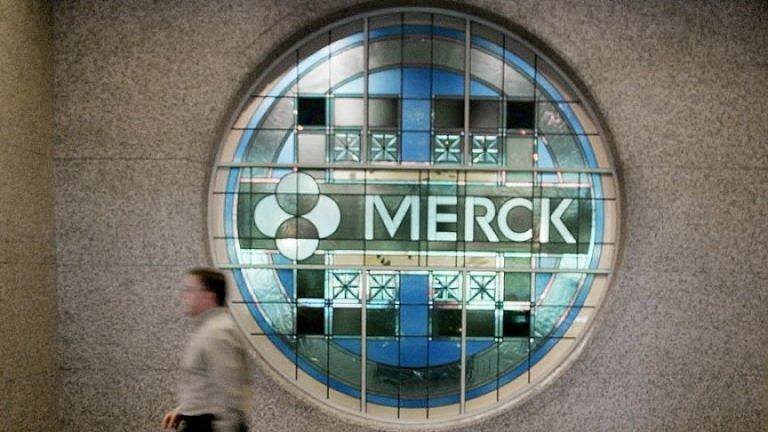
Findings of a drug pricing investigation by the Competition & Markets Authority have revealed that Merck & Co., Inc. (NYSE:MRK) may have broken competition laws. The American drugmaker is alleged to have offered so-called anti-competitive discounts on its copycat versions of infliximab. Though lowering prices is generally considered competitive rather than anti-competitive, that as not the case here, for some reason. The drug, which is sold under the brand name Remicade is a treatment for a range of inflammatory conditions the likes of rheumatoid arthritis.
The investigation began in December 2015. The CMA is yet to make a final decision but it says, “The CMA has provisionally found that MSD broke competition law by abusing its dominant position through a discount scheme for Remicade versions of infliximab that were new to the market.”
Merck’s discounts supposedly discouraging new competitors
For a long time, drug pricing has been a controversial issue in Britain. According to CMA Merck has been exploiting its market position. This may have restricted competition, which would discourage other competitors. However, the watchdog says that it is yet to make a final decision to determine whether or not the US pharmaceuticals giant had broken any UK and EU competition laws.
Remicade, which generates annual revenues of over $10bn, is one a key product for Merck. It is marketed in Europe, and Johnson & Johnson.
Merck responds to the allegations
Given that infliximab is made by culturing genetically engineered cells makes it difficult for MSD’s new rivals to have any replica of the same. Instead, they can only make biosimilar treatments, which the doctors may not be comfortable using. At one point Merck was accused of having made attempts to prevent NHS doctors from using drugs from rival suppliers.
However, MSD has denied any wrongdoing even before the watchdog can give its final decision. The drug maker claims that its discounts were competitive with a provision for savings to the UK NHS, hence it break any competition law.
In the event Merck was found guilty, it will have to pay fine of close to a maximum of more than £3bn. In the meantime, Merck’s stock was trading at $64.55 witnessing an increase of $0.50 or 0.78%.




